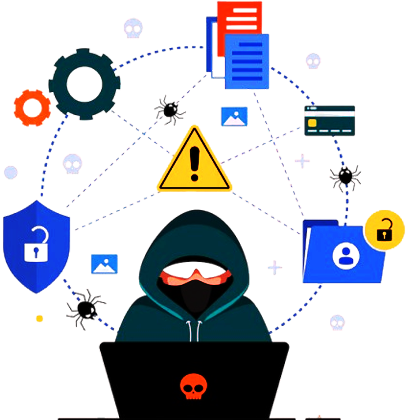Cyber crime is criminal activity that either targets or uses a computer, a computer network, or a networked device. Financial fraud is a common motive behind cyber crime, with criminals employing various tactics to deceive individuals and organizations and steal financial data or funds.



Copyright @ 2024 MyCyberComplaint, All Rights Reserved